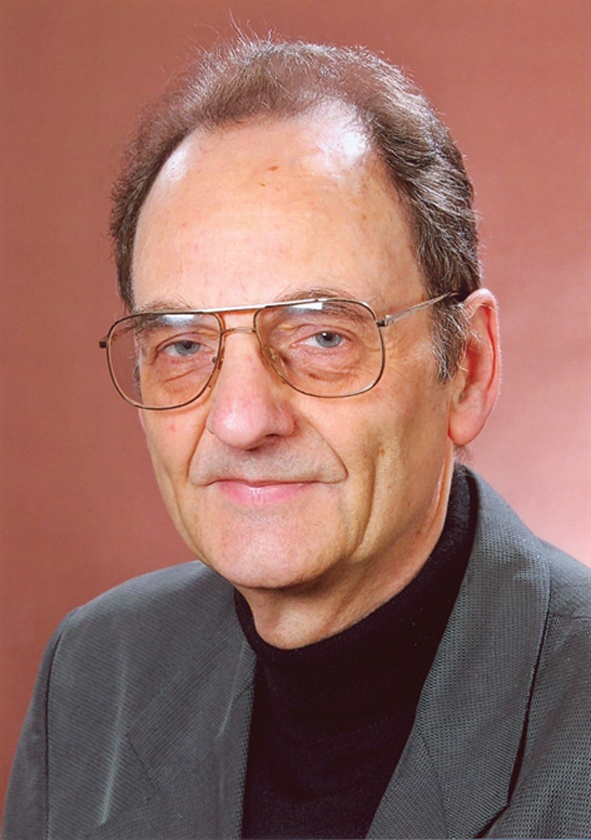Esperanto in Universities
Photo by: Andrzej Szozda
Most research and teaching on interlinguistics takes place in universities the world over. CED therefore works to connect and support university professors, lecturers and students wherever they may be who are engaged in teaching courses, preparing study programmes, supervising dissertations and research projects on any and all aspects of interlinguistics, that is on all aspects of Esperanto, other planned languages, language planning, transnational language communication and language policy, and language justice.
Our goals ~ we aim to:
- strengthen information flow and cooperation between universities and university students in these fields;
- facilitate and support the organization of courses and study programmes;
- support university-level research and the publication and dissemination of specialist works;
- support conferences, colloquia, seminars and other specialist forums on interlinguistics.
Areas of activity
Current university-level activities initiated and/or supported by CED and ESF include the following:
- Support for Departments and Professorships on Interlinguistics and Esperanto, e.g. at the University of Amsterdam;
- Support for study programmes, e.g. at Adam Mickiewicz University, Poland;
- Support for university websites, e.g. ‘Decolonial Subversions’ at SOAS (School of Oriental and African Studies), UK;
- Support for advanced courses and intermediate teaching courses, e.g. NASK
- Support for high-level symposia, e.g. at Princeton University
- Development and publication of university-level materials, e.g. Handbooks.
Mentorship Program for New Researchers
Are you (relatively) new to the field of interlinguistics, and looking for guidance and support in your research? CED offers a service to connect you with an experienced researcher who can provide advice, feedback, and collaboration based on your goals and needs. Each mentorship has a limited duration; one of its goals is to help you achieve publication in a scholarly journal or conference. More details are provided in this PDF document.
Historical perspective
- In 1931 the University of Liverpool set up a fund for Esperanto and interlinguistics following a bequest from Dr. John Buchanan;
- Esperanto has been taught at the University of Amsterdam since 1948;
- Dr. Detlev Blanke lectured for many years on interlinguistics at Humboldt University, Berlin;
- In 1966 Prof István Szerdahelyi founded an Esperanto department at the ELTE University in Budapest;
- In 1998 Prof Ilona Koutny founded the postgraduate Interlinguistic Studies at Adam Mickiewicz University, Poland;
- There has been a Chair for Interlinguistics and Esperanto at the University of Amsterdam since 1998;
- Prof Sabine Fiedler holds courses in interlinguistics at the University of Leipzig, Germany;
- In 2018, an Esperanto department was started at Zouzhuang University;
- The University of St Andrews (Scotland) and the University of Ulster (Northern Ireland) offer scholarships for doctoral students;
- In 2017, 2018 and 2019 William Peace University (USA) set up and ran a ‘world language’ course.
Key people responsible for founding university departments





Find out more from our
Partners
 CED works hand-in-hand with Esperantic Studies Foundation to stimulate and promote activity on interlinguistics at all levels, but especially in university settings.
CED works hand-in-hand with Esperantic Studies Foundation to stimulate and promote activity on interlinguistics at all levels, but especially in university settings.
 And CED also works closely with the International League of Esperanto Teachers (ILEI). ILEI has a separate section on its website which reports specifically on university-level activity and events (in Esperanto).
And CED also works closely with the International League of Esperanto Teachers (ILEI). ILEI has a separate section on its website which reports specifically on university-level activity and events (in Esperanto).
 Our dual-language (Esperanto-English) partner site ESF Academic houses a wealth of information and news about our activities in and about Esperanto in universities, including lists of Esperanto-speaking professors and lecturers, student clubs, university websites, resources, and publications.
Our dual-language (Esperanto-English) partner site ESF Academic houses a wealth of information and news about our activities in and about Esperanto in universities, including lists of Esperanto-speaking professors and lecturers, student clubs, university websites, resources, and publications.
